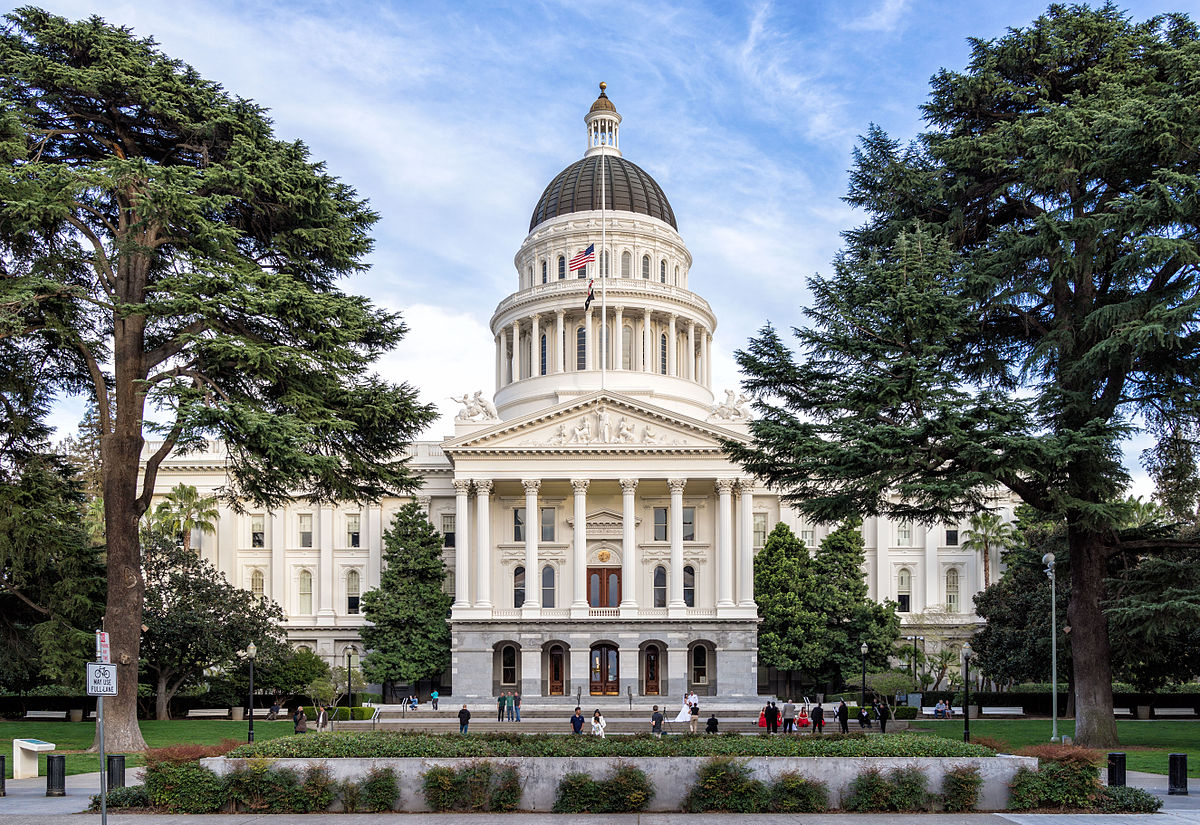California Proposition 1 was approved by a vote of 50.19% to 49.81%—a 0.38% margin—as of March 26, with more than 95% of the vote accounted for. Fifteen days after the election, the Associated Press called Proposition 1 as approved. Proposition 1 joins 16 other California statewide measures decided by a margin of less than 0.5% of the vote. It is the eighth-closest statewide ballot measure election in the state.
The measure with the closest margin was SCA 14, the Increase State Officers' Salaries Amendment, in 1908. It was approved by a margin of two votes. The measure increased the annual compensation for state officers, including the governor.
Nine of the 15 closest measures were defeated, and six were approved. A majority of the measures (10) were decided at elections before 1950. Only one measure in the closest 15 elections, Proposition 29 (2012), was decided in the last 25 years. Proposition 29, an initiative that would have enacted a tobacco tax to fund cancer research, was defeated with 0.47% separating yes and no vote totals.
Proposition 1, which appeared on the March 5 primary ballot, was proposed by Gov. Gavin Newsom (D) and was the product of two laws passed during the 2023 legislative session. The bills received unanimous approval by voting Democrats in the state legislature, while Republicans were divided on the proposals.
Support campaigns received over $14.7 million in contributions compared to the $1,000 in contributions reported by the single committee registered in opposition to Proposition 1.
Gov. Newsom’s Ballot Measure Committee was the primary committee behind the Yes on Proposition 1 campaign, contributing over $13.6 million to the effort. Other top donors to support committees included Federated Indians of Graton Rancheria ($1.5 million), Sutter Health ($1.15 million), and California Hospital Committee on Issues ($1 million).
After conceding defeat on March 12, Proposition 1 opponents released a statement reviving their campaign to get rejected ballots counted, an effort Gov. Newsom’s campaign is also undertaking.
Paul Simmons, a director of Californians Against Prop. 1, said, “We don’t know if reviving rejected ballots will change the outcome of this election, but if the governor thinks it might, we for damn sure aren’t going to let him have the field to himself.”
The governor’s federal PAC, Campaign for Democracy, sent an email seeking volunteers to help voters whose ballots were rejected. The email read, “This ballot initiative is SO CLOSE that your commitment to volunteer could mean the difference between people getting off the streets and into the treatment they need... or not.”
There are no automatic recounts for statewide ballot measure campaigns in California. A voter may request one in a specific county or counties but must self-fund the recount. The governor can call for a recount of a statewide measure within five days after the 31st day of the election if the “yes” and “no” votes are separated by less than or equal to the lesser of 1,000 votes or 0.00015% of the number of all votes cast on the measure.
State law requires the secretary of state to certify statewide election results no later than 38 days after the election. Proposition 1 results will be certified by April 12.
Ballotpedia's Historic Ballot Measures project (HBM) will document nearly 200 years of direct democracy in the United States. In California, our dataset is complete back through 1911. This ongoing research effort will provide an unparalleled resource for researchers, reporters, and the voting public on how ballot measures have evolved, the issues they've covered, and the role they have played in our civic life.



